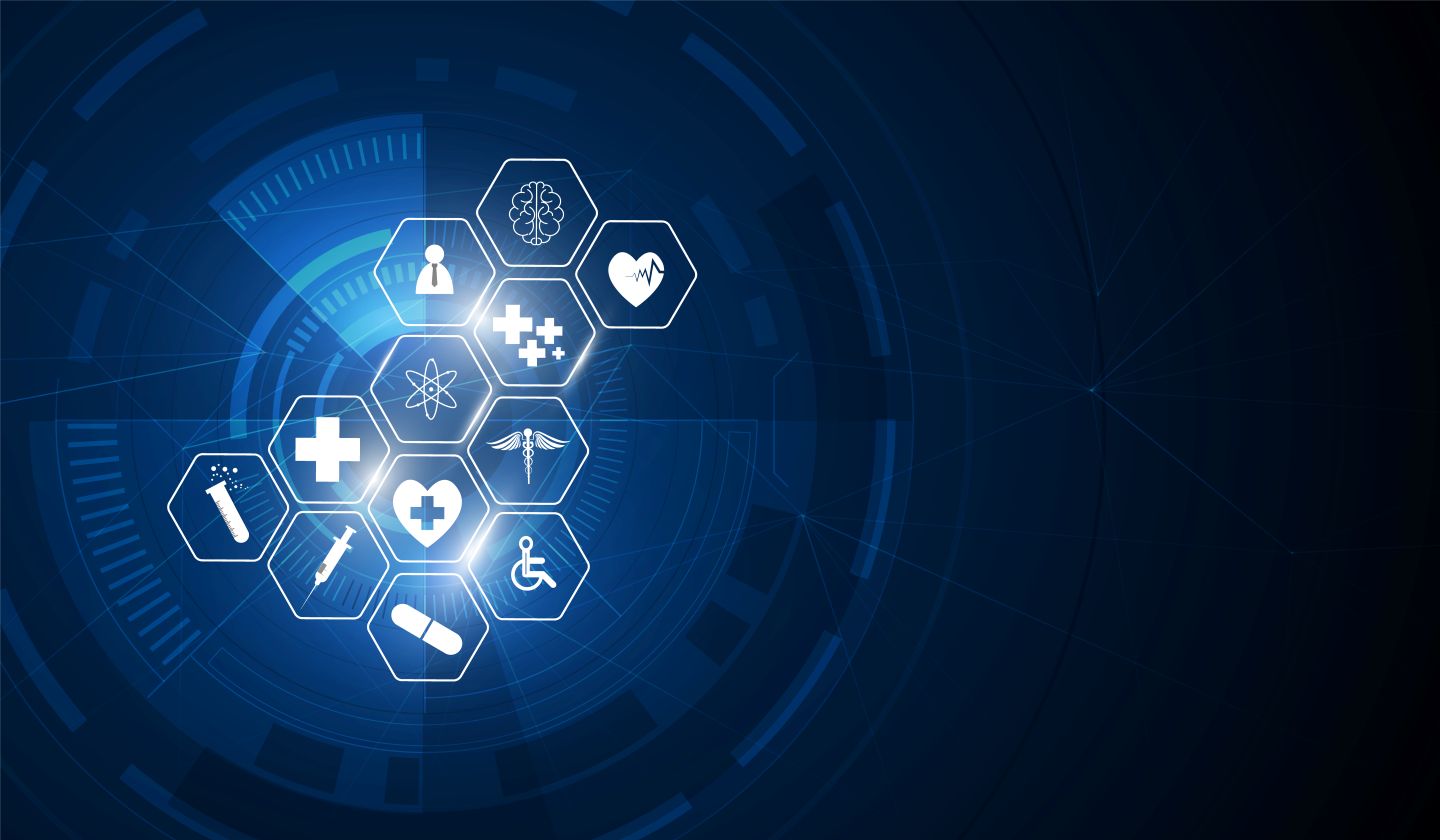The Middle East healthcare landscape is undergoing one of the fastest digital transformations in the world. With the region’s Healthcare IT market projected to surpass USD 214 billion by 2033, the shift isn’t just significant but redefining how hospitals, clinicians, and patients experience healthcare.

At the heart of this transformation lies a powerful catalyst: IoT in Healthcare.
While many industries adopted IoT early on, its true impact is being felt now within hospital walls, where clinical workflows, patient care, and operational efficiency converge. The concept of a “Smart Hospital” is no longer futuristic it is true that it has become a living, evolving ecosystem, already shaping the standard of care across the region.
The Rise of Smart Healthcare Infrastructure
Hospitals are complex environments every minute matters, every process affects outcomes, and every delay has a ripple effect. IoT bridges these gaps with real-time intelligence, creating a connected network where information flows instantly and accurately.
From patient monitoring to predictive maintenance, IoT enables hospitals to:
1. Monitor Patients with Uninterrupted Precision
Connected devices allow clinicians to track vital signs in real time, reducing manual checks and enabling timely intervention. This shift empowers healthcare teams to focus more on care and less on administrative routines.
2. Optimize Operations with Intelligent Asset Management
Medical equipment is one of a hospital’s most valuable resources. IoT tags help track usage, availability, and location—minimizing downtime and ensuring critical devices are always ready.
3. Strengthen Compliance & Safety
Whether it’s maintaining cold chain temperatures for vaccines or monitoring air quality in surgical rooms, IoT ensures environmental parameters always stay within safe limits.
4. Improve Patient Experience
From automated check-ins to digital wayfinding and personalized in-room controls, IoT transforms patient journeys into seamless, stress-free experiences.
Why the Middle East Is Leading This Growth
Government-driven initiatives, rapid infrastructure development, and the region’s ambition to build world-class healthcare systems have accelerated IoT adoption. Countries like the UAE and Saudi Arabia are investing heavily in smart hospital models, setting new benchmarks in digital healthcare.
As healthcare providers move toward data-driven systems, IoT becomes the backbone of this shift connecting departments, streamlining processes, and enabling better clinical decisions.
Interdev: Powering the Smart Hospital Revolution
At Interdev, we support healthcare organizations on their digital transformation journey by integrating intelligent solutions tailored for modern hospital environments. Our expertise in healthcare IT strengthens operational efficiency, enhances patient outcomes, and builds resilient, future-ready systems.
Whether it’s IoT-based monitoring, secure infrastructure, or integrated hospital technologies, we help healthcare providers unlock the full potential of smart, connected environments.
Conclusion
The evolution of smart hospitals is not a distant possibility it’s happening right now across the Middle East. With IoT at the helm, healthcare delivery is becoming more responsive, more efficient, and more human-centric.
As the region continues its journey toward a USD 214 billion healthcare IT future, the organizations that embrace smart technologies today will lead the next decade of transformation.





